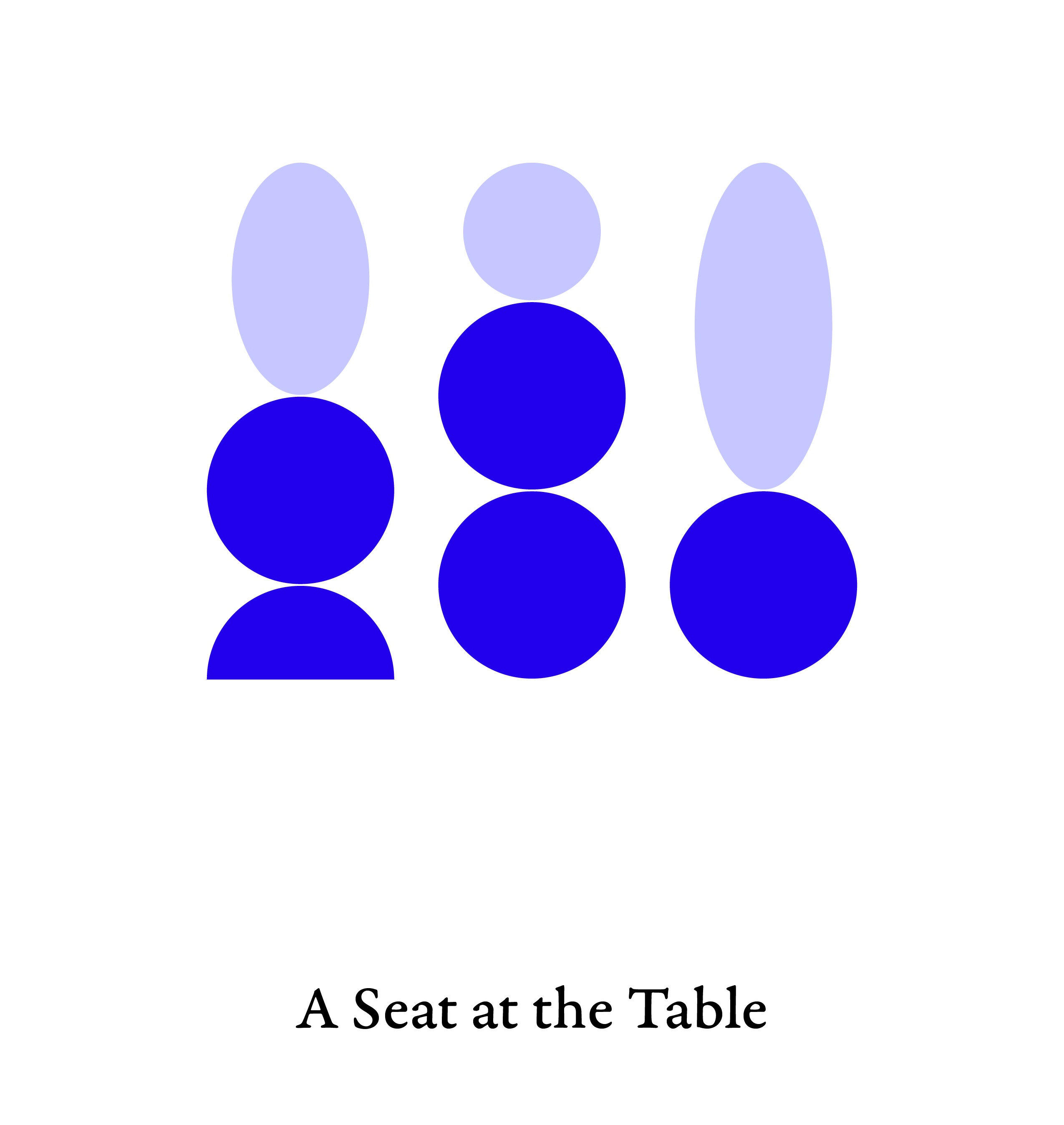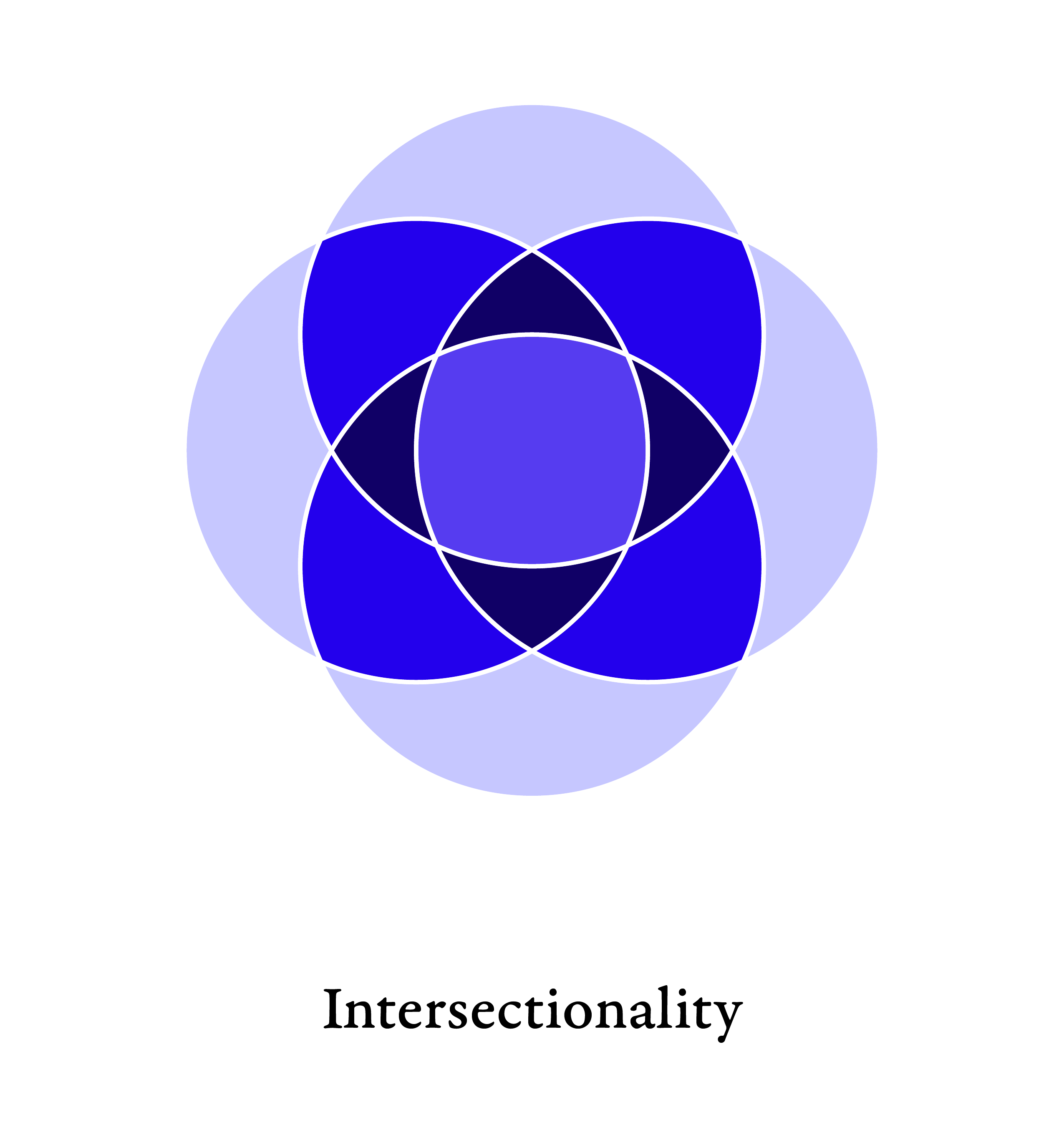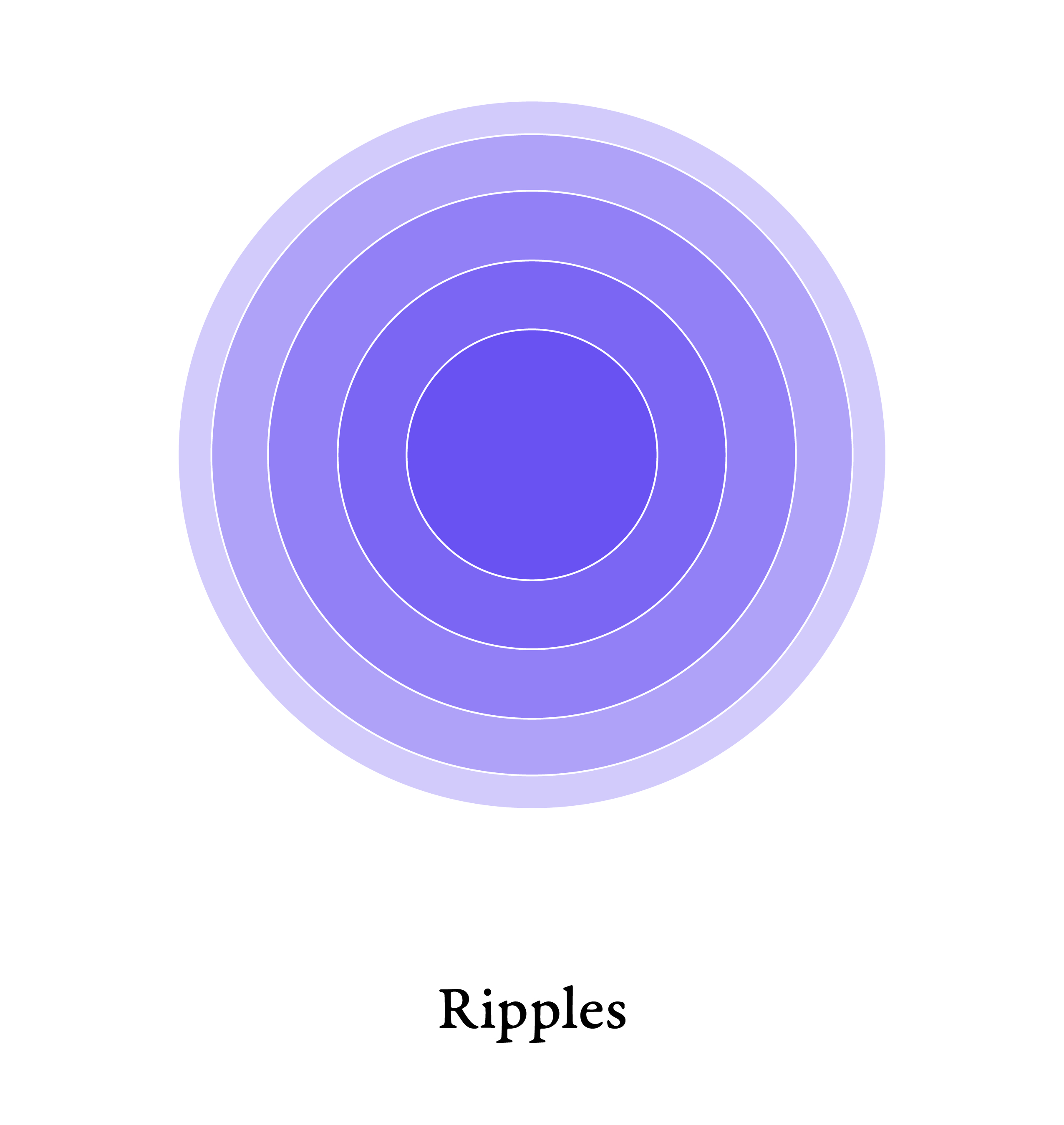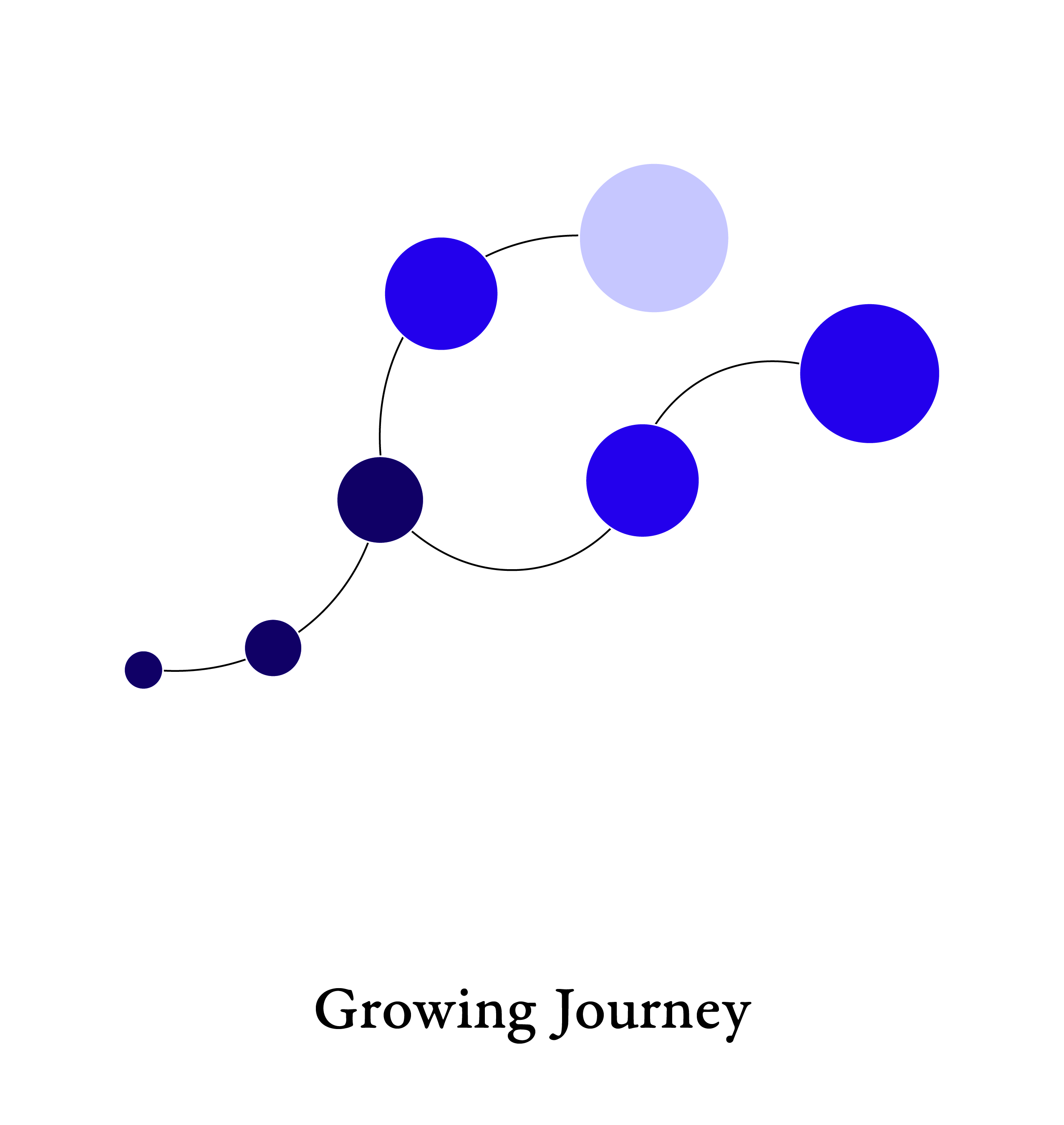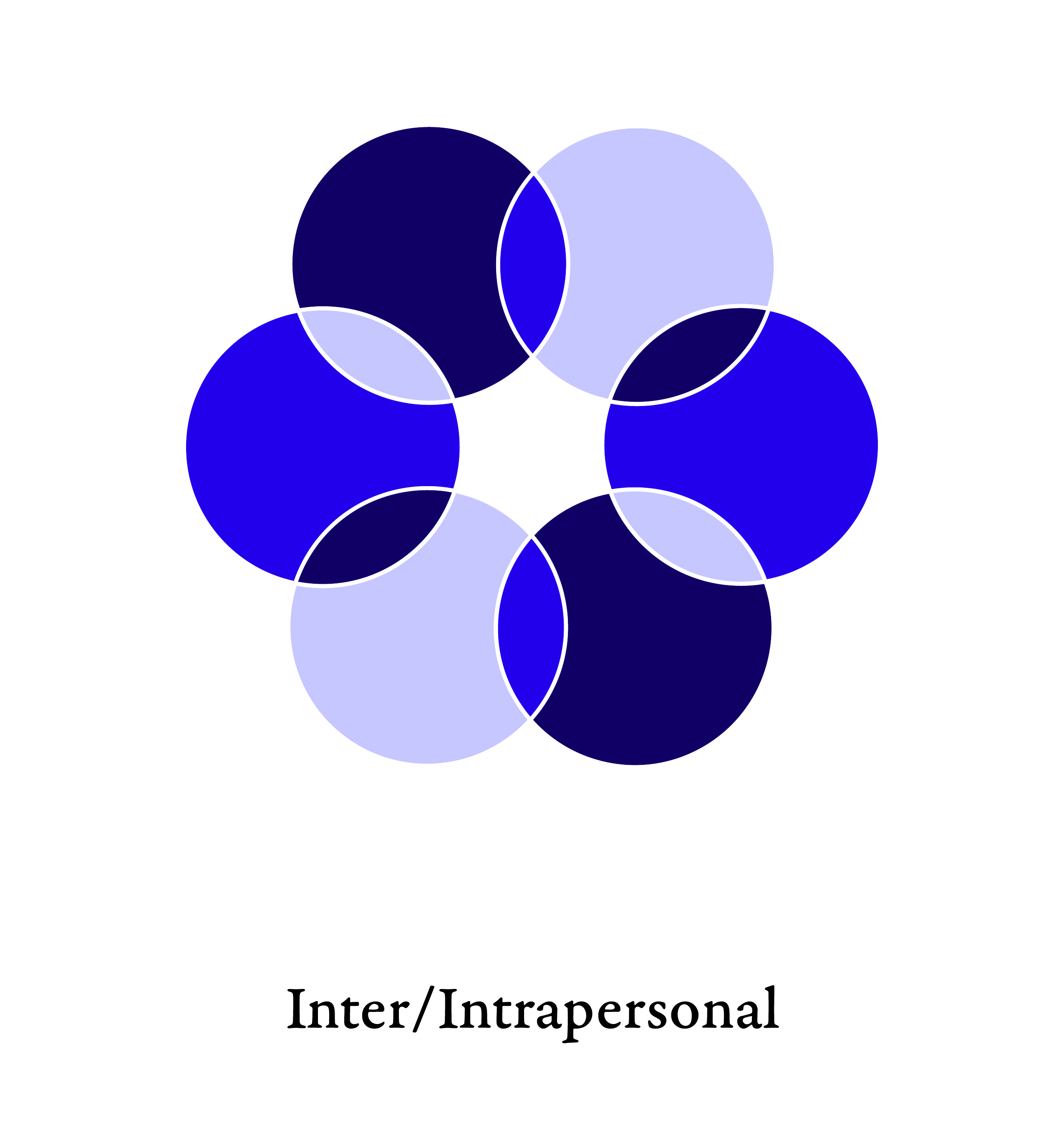The Hollingworth Approach
As educators, our role is to create opportunities for children to showcase and stretch their areas of potential so that they develop a positive sense of self and a passion for lifelong learning.
We see each and every learner as capable, with unique strengths and as well as areas of growth. Our approach responds to the needs of the child, supporting them along their growing edge and providing 'just-right' challenges to nurture their abilities.
Our Values
Hollingworth Center's mission is to nurture the potential of all learners.
We enact this mission in the following ways:
Children & Families
We design and implement demonstration programs that serve children and families in our community.
Our two on-campus programs, Hollingworth Preschool and Hollingworth Science Camp are open to all.
Click below to learn more about our programs.
Graduate Students
We provide Teachers College graduate students with clinical and research experiences articulated closely with their academic programs. Students in our programs gain classrom experience while learning and working closely with teaching teams and leadership. Our two on-campus programs currently working with graduate students are Hollingworth Preschool and Hollingworth Science Camp.
Click the link below to learn more about our current opportunities for graduate students.
Local & Global Partnerships
We design and implement partnership programs that serve administrators, teachers, and paraprofessionals in our NYC community and across the globe. These partnerships create unique opportunities to educate the current generation of leaders in practice and policy to meet the challenges they face.
Click below to learn more about our local and global partnerships.
Research & Projects
We undertake research, lead professional learning opportunities, design programs.
Click below to learn more about our research.
Our History
The Center is designed to provide internship and training opportunities for the graduate students of Teachers College, develop model programs in early childhood education, and offer enriched educational services for children, families, and educators. Primarily concerned with nurturing the talent development of all young children, the Center maintains a special commitment to creating and implementing programs for underserved children and teachers, and designing model curricula in areas traditionally neglected in elementary schools.
The Center was established by Professor James Borland and Dr. Heidi Hayes Jacobs in 1981. Since that time it has been internationally recognized for exemplary programs, grant projects, teacher development efforts, and research contributions. Dr. Lisa Wright joined The Hollingworth Center in 1987 and served as Center Director until 2024.
When the Center was founded, our programs were geared toward recognizing and nurturing giftedness in young learners. Over time, as the concept of giftedness has evolved, our work and focus has shifted away from this label. Various definitions of giftedness conceptualize giftedness as an entity or as an incremental factor, as innate or as developed over time, and as shaped by the environment or not.
Hollingworth maintains that giftedness is a social construct that is often used as an exclusionary measure. Labeling children as gifted is not a productive, equitable, or necessary practice. Every child is capable of developing their areas of potential, and deserves a cognitively and culturally relevant education that meets their unique needs.
